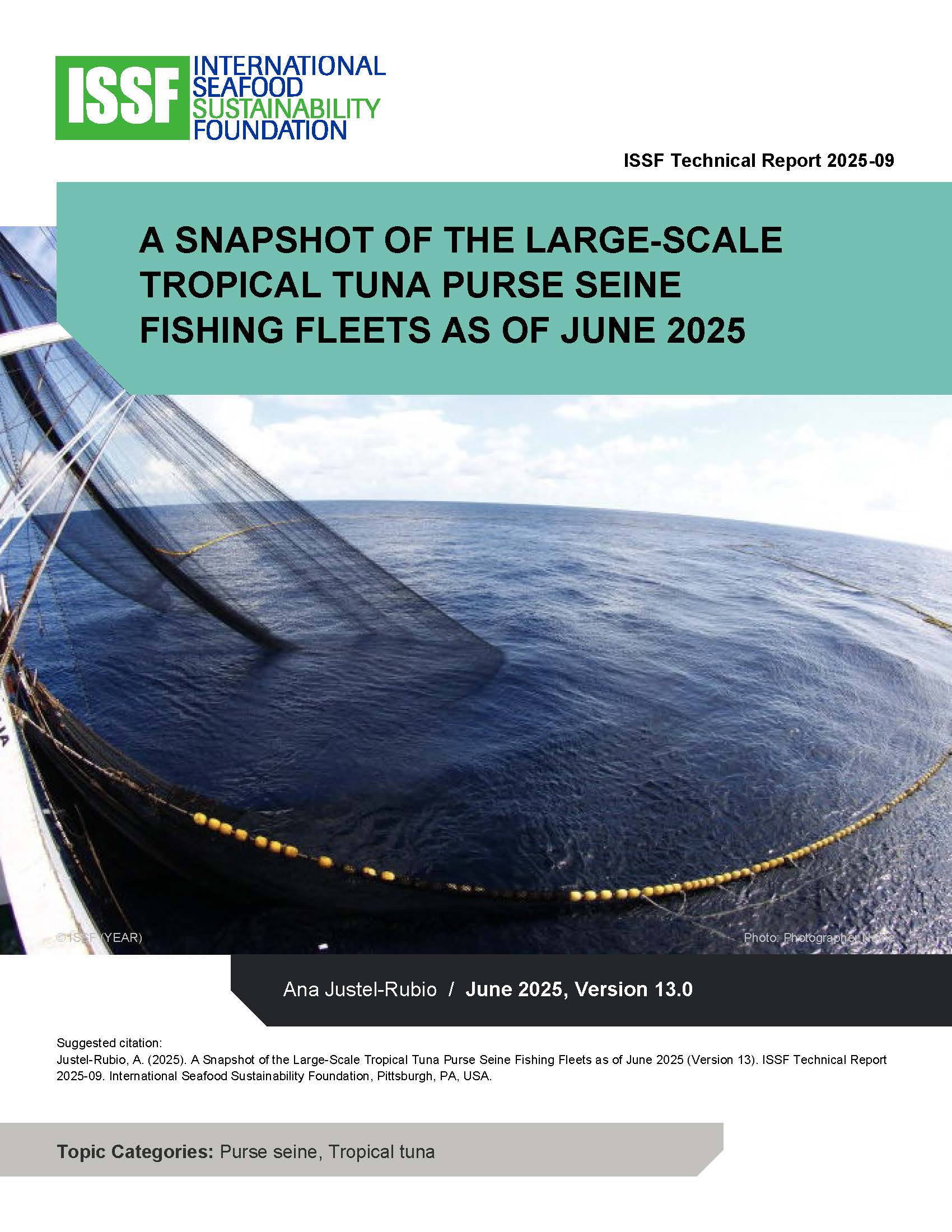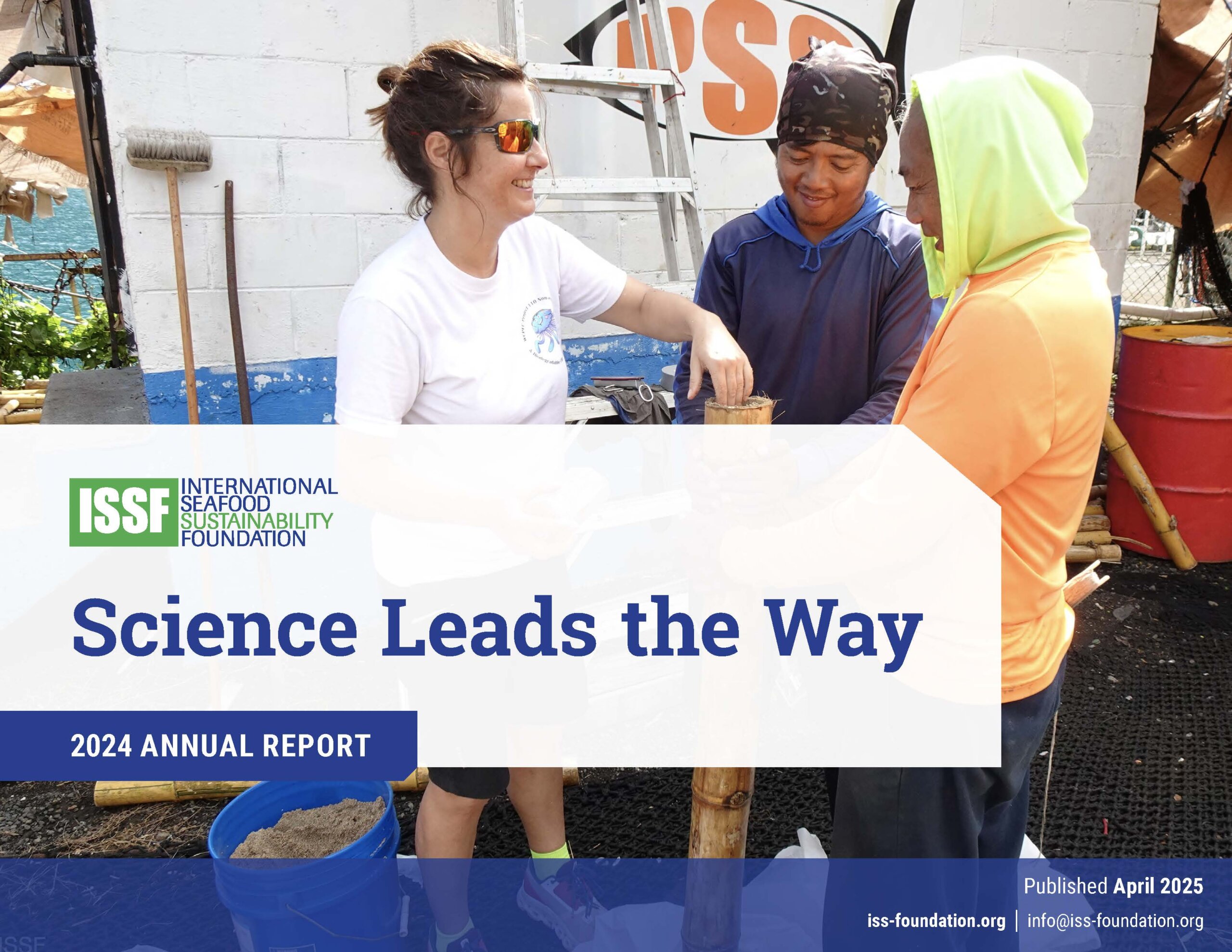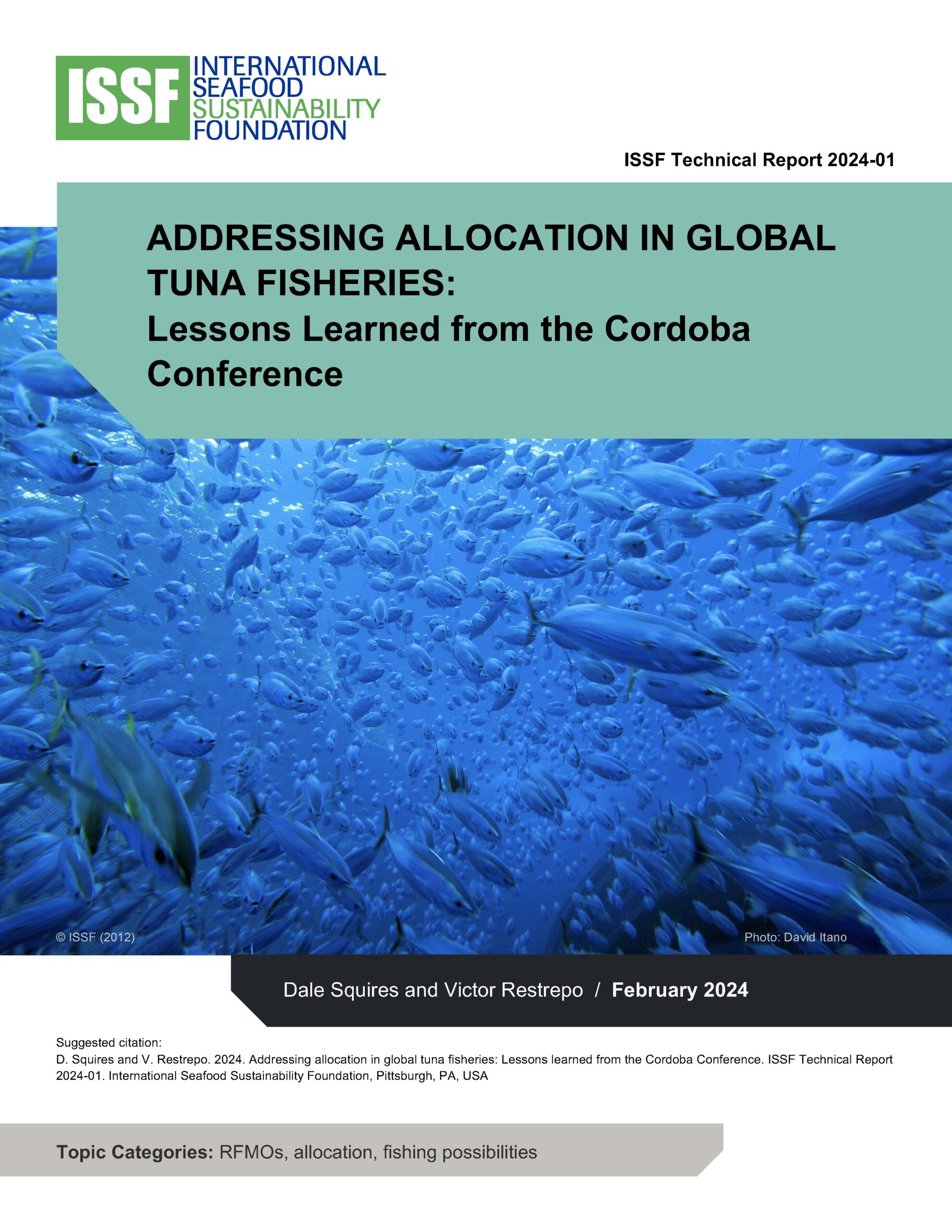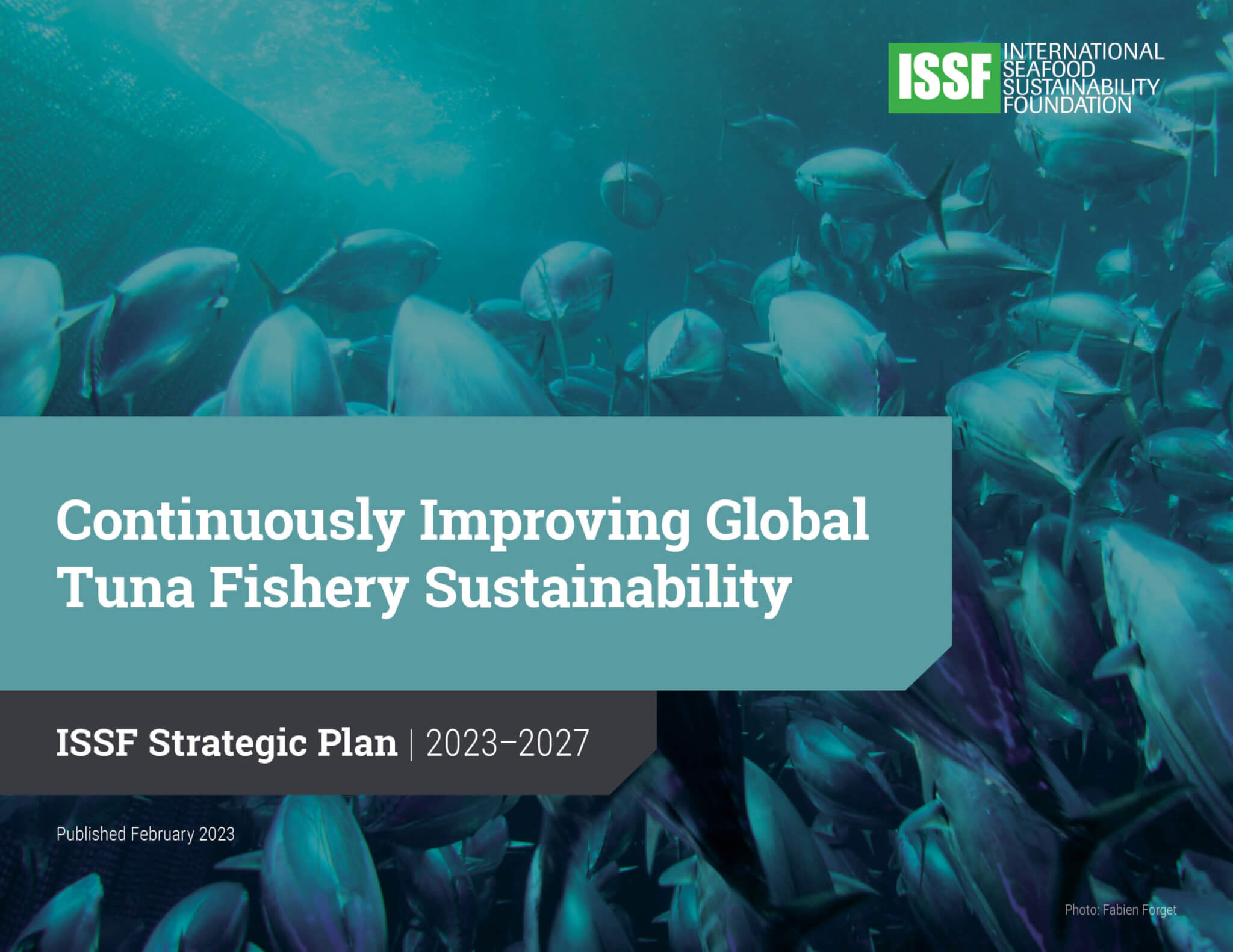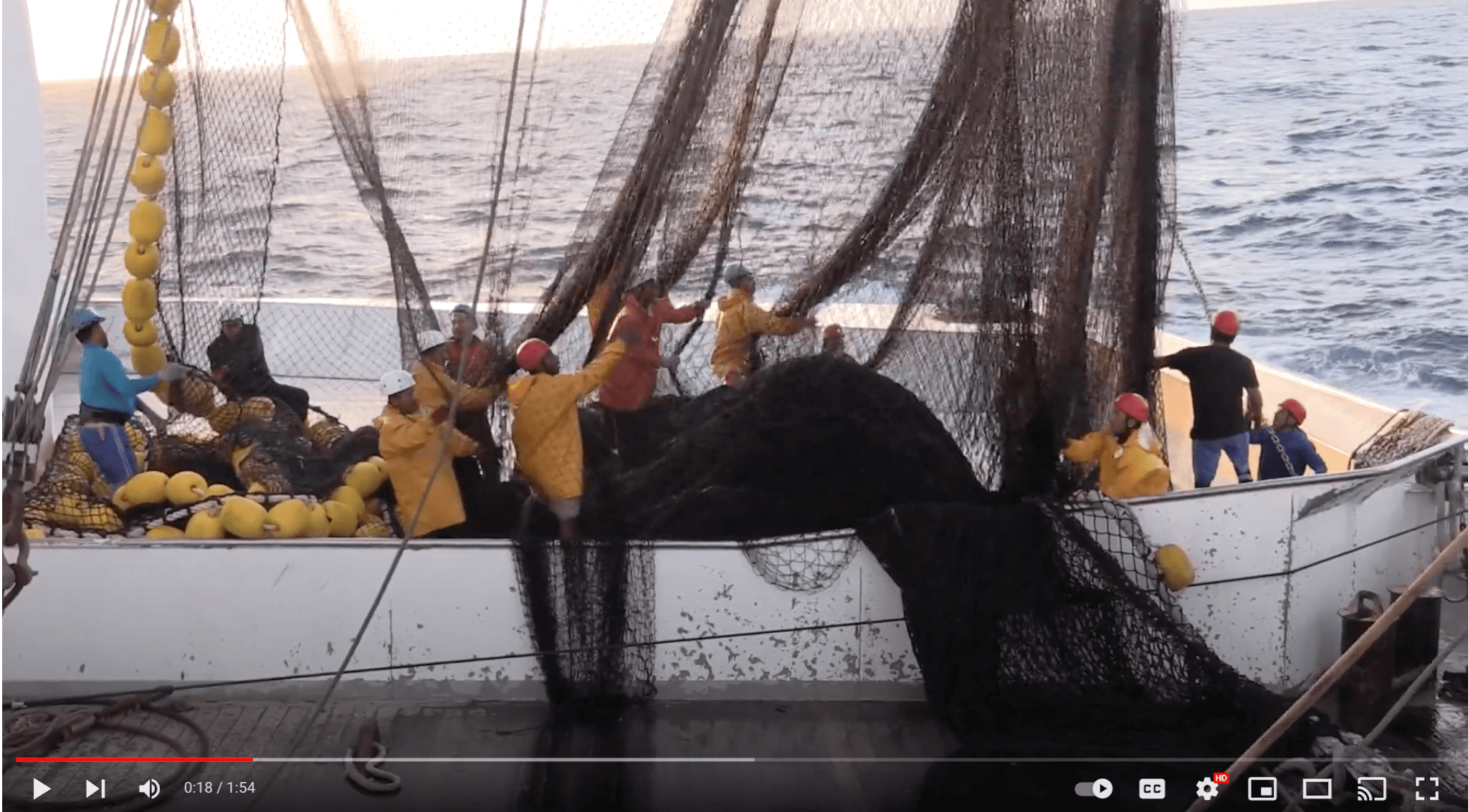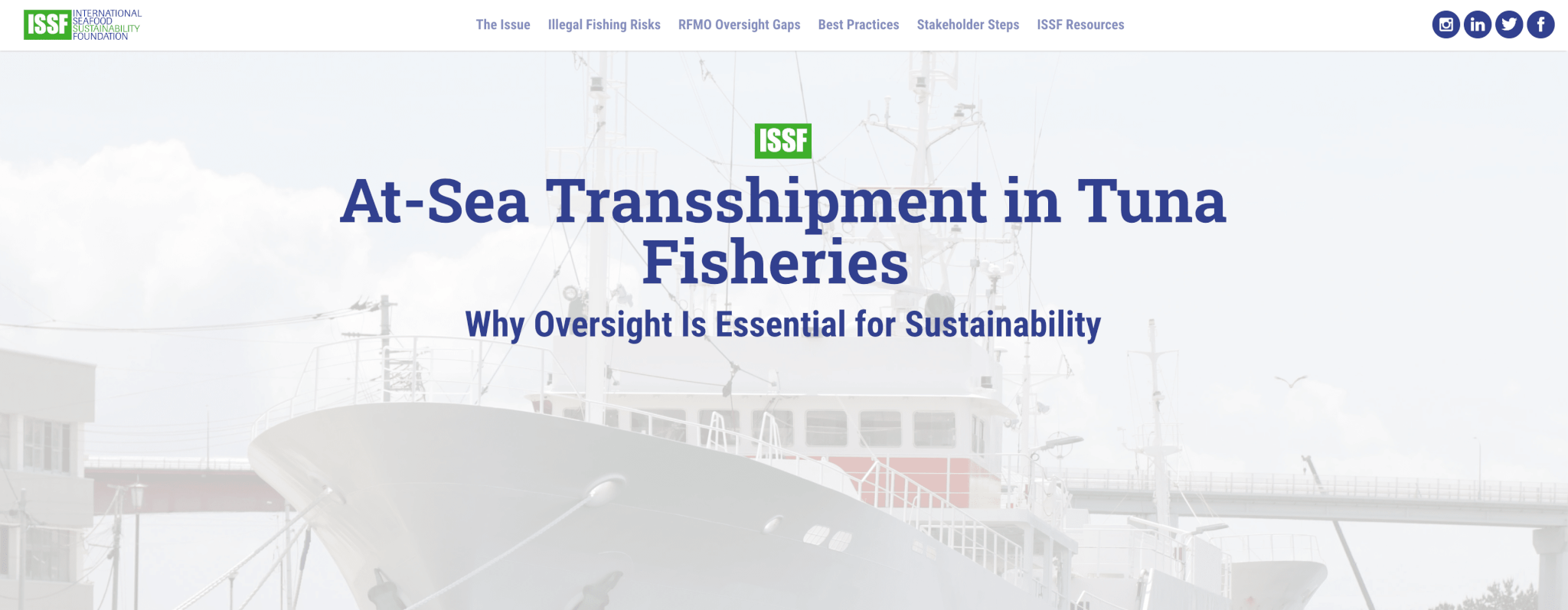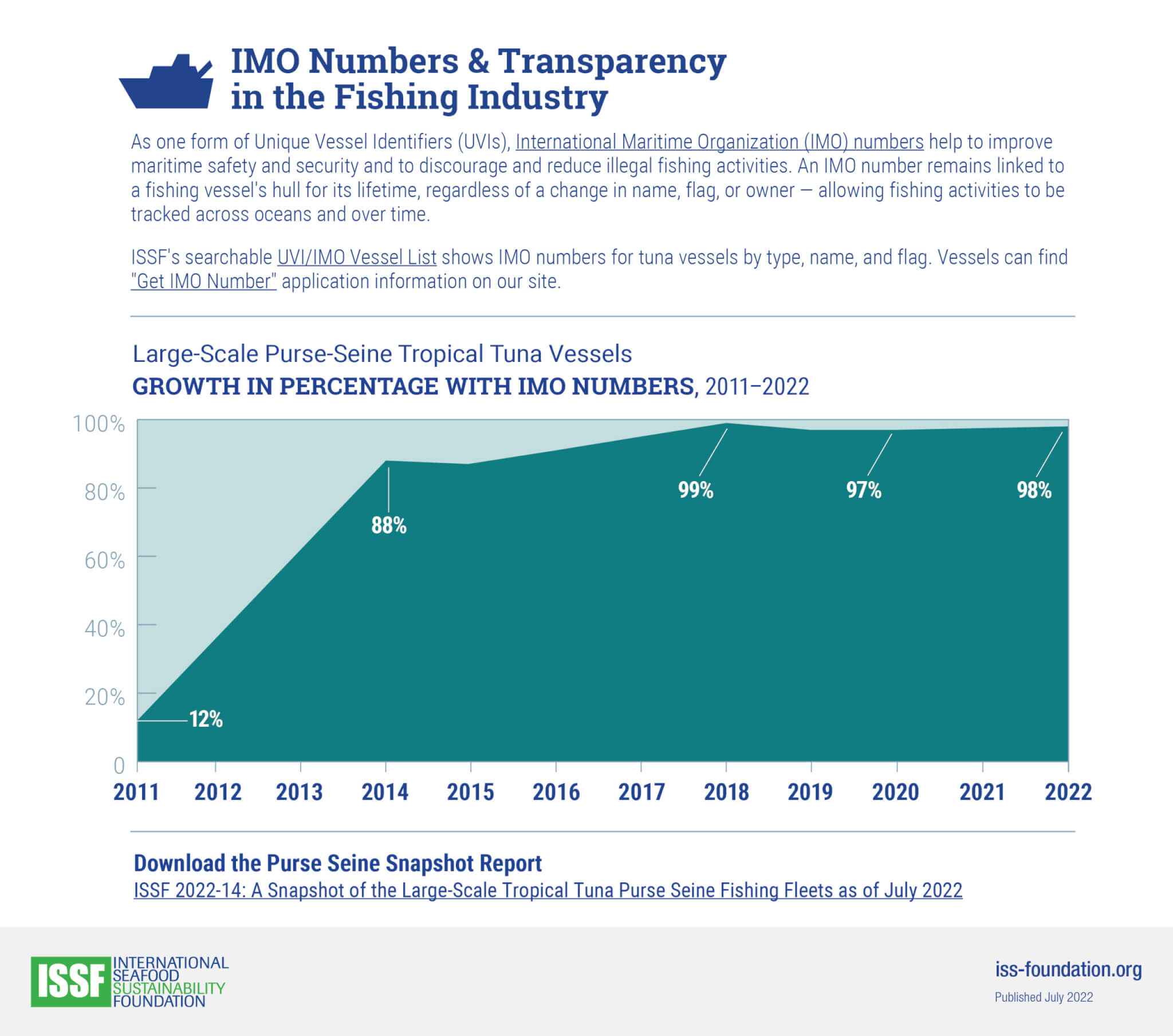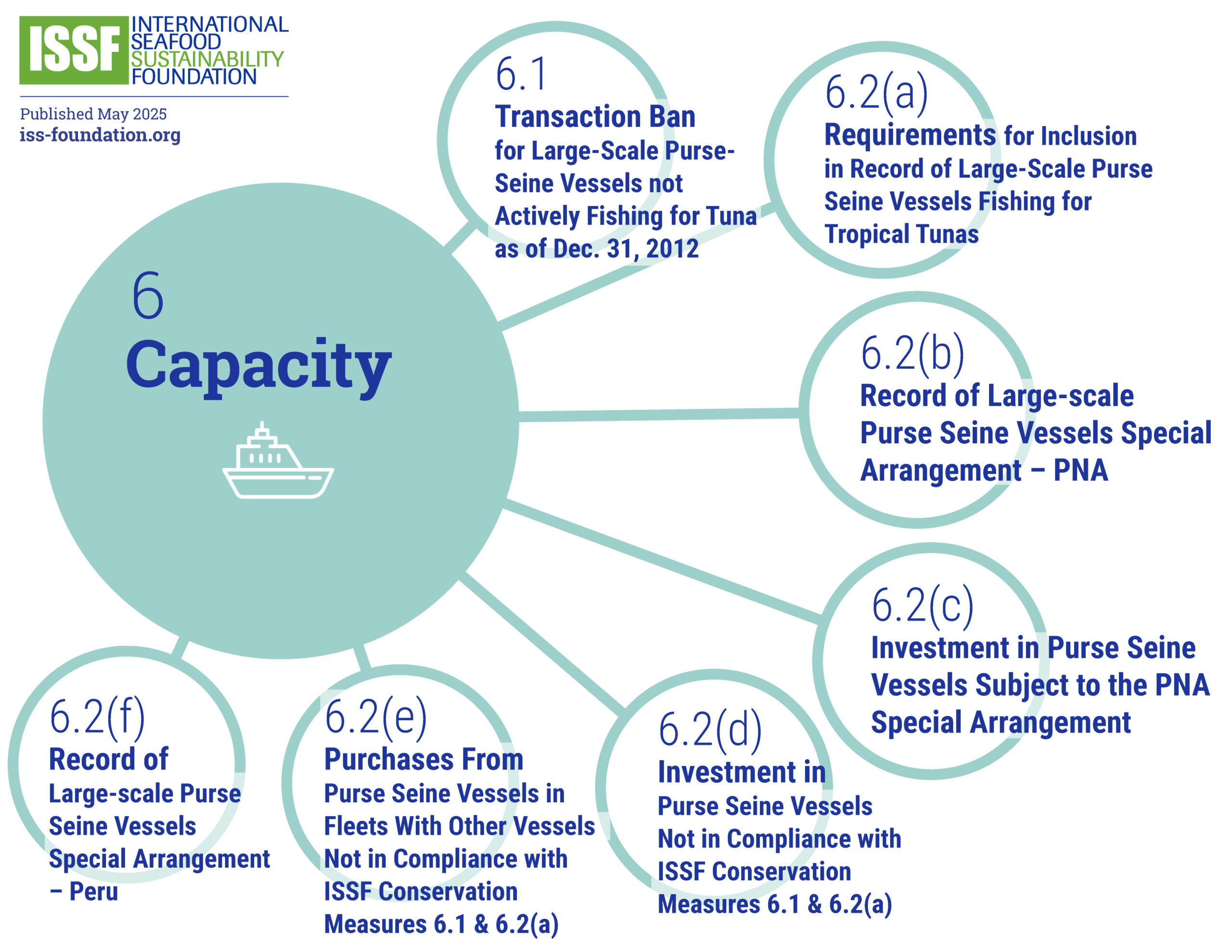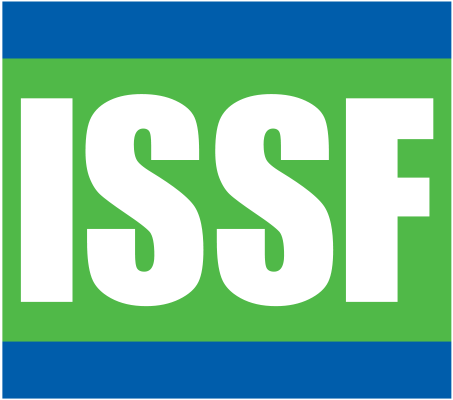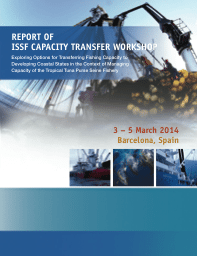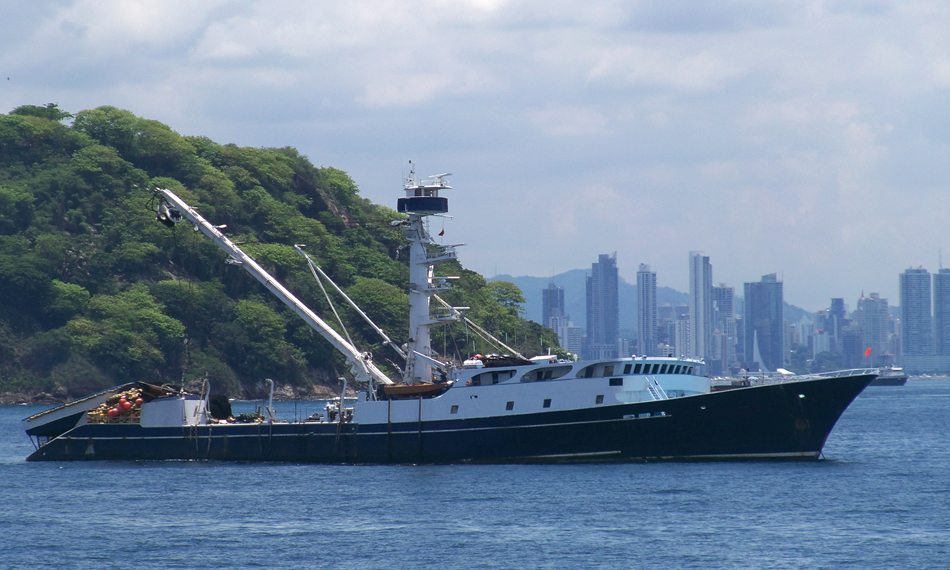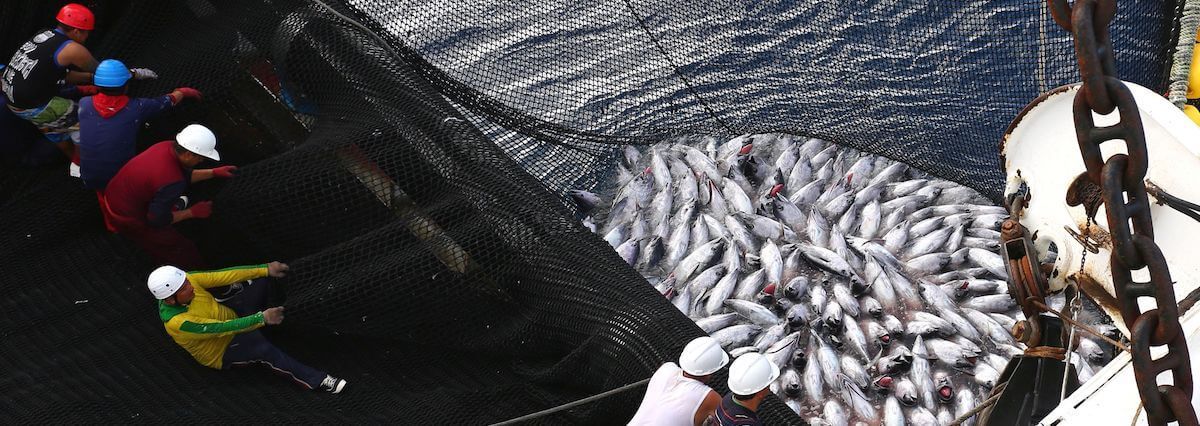
Capacity Management
The problem of overfishing is principally the result of open-access fishing and related excess fishing capacity.
Fisheries scientists, regional bodies, and governments agree that excess fishing capacity already exists in most tuna purse-seine fisheries and large-scale longline fisheries — and that fleet capacity continues to grow.
Regional Fisheries Management Organizations (RFMOs) are responsible for ensuring the long-term conservation of tuna stocks, which are in high demand in the world’s oceans. But RFMO management systems have often failed to prevent overexploitation and protect stocks. To ensure tuna sustainability, ISSF supports capacity management efforts in several ways.
OUR CONTRIBUTIONS
Conservation Measures
Our conservation measures focused on capacity management urge ISSF participating tuna companies to support only those vessels that are on the water — unless new vessels are replacing existing fishing vessels that are taken completely out of service. Companies are audited yearly on their conformance.
RFMO Advocacy
ISSF reinforces the importance of capacity management efforts in its advocacy to RFMOs, such as recommending limited entry via a comprehensive, closed vessel registry, with an eye toward ultimately reducing the number of fishing vessels to an appropriate level.
Collaborative Workshops
Since 2010, ISSF has sponsored regional and global stakeholder workshops on various fleet capacity management issues, including:
- Bellagio Framework for Sustainable Tuna Fisheries, which highlighted the need to limit capacity by capping the current number of vessels and discouraging the addition of new ones
- The Napa Conference on Allocation was held to develop and refine approaches to one of the Bellagio pillars: successful allocation of rights
- Cordoba Conference on the Allocation of Property Rights in Global Tuna Fisheries focused on the fair allocation of property rights for existing fishing capacity
- Sustainable Fishery Agreements: Strategies for Enforcement and Compliance, Maui Conferences, covered compliance and enforcement in rights-based management in multilateral tuna fisheries
These workshops revealed that capacity transfers were important to accommodate coastal states’ rights, which led to the ISSF Capacity Transfer Workshop.
Vessel Data & Fleet Capacity
Our annual Snapshot of the Large-Scale Tropical Tuna Purse Seine Fishing Fleets report meets sustainable fishing stakeholders’ need for an estimate of the number and fishing capacity of authorized purse seiners fishing for tuna worldwide. ISSF’s snapshot draws on and analyzes data from RMFOs and other sources.
ISSF’s four public, searchable vessel lists — the PVR, VOSI, LSPSR, and IMO/UVI list — provide consolidated views of fleets as well as information on vessel flag, gear type, identifier number, authorized RFMO, and sustainability commitments.
We also publish reports and snapshots covering best practices in authorized vessel lists, illegal-fishing (IUU) vessel lists, and related topics.
RELATED RESOURCES
Vessel List Best Practices
RFMO authorized vessel lists can help to measure each flag State’s fishing effort against a pre-agreed or approved baseline of fishing capacity. As tools to verify legal vessels, the lists also can be used to detect illegal fishing activity.
Our Best Practices Snapshot outlines best practices in authorized vessel lists for RFMOs.
ProActive Vessel Register Listing
Vessel owners who want to show how they are following best practices that support sustainable tuna fisheries can apply to have their vessels listed in ISSF’s ProActive Vessel Register (PVR).
